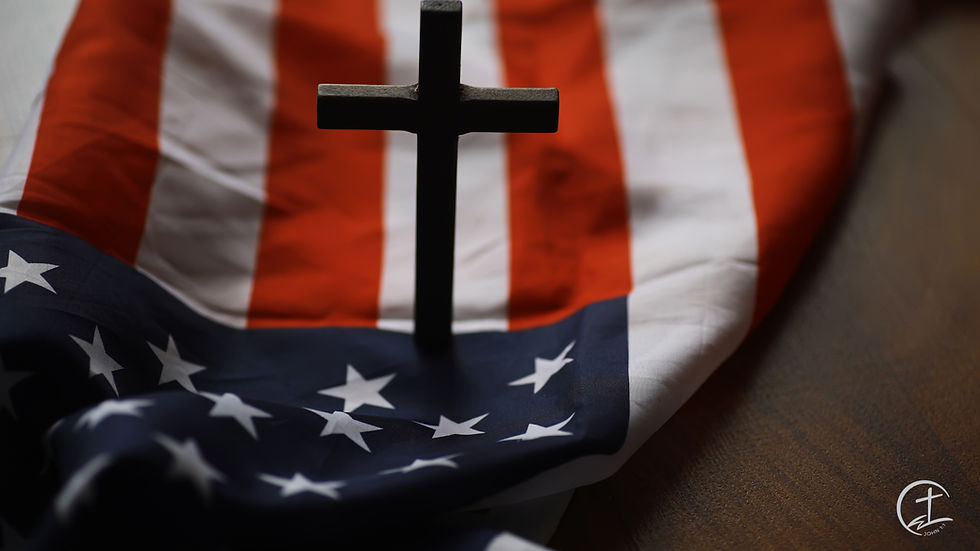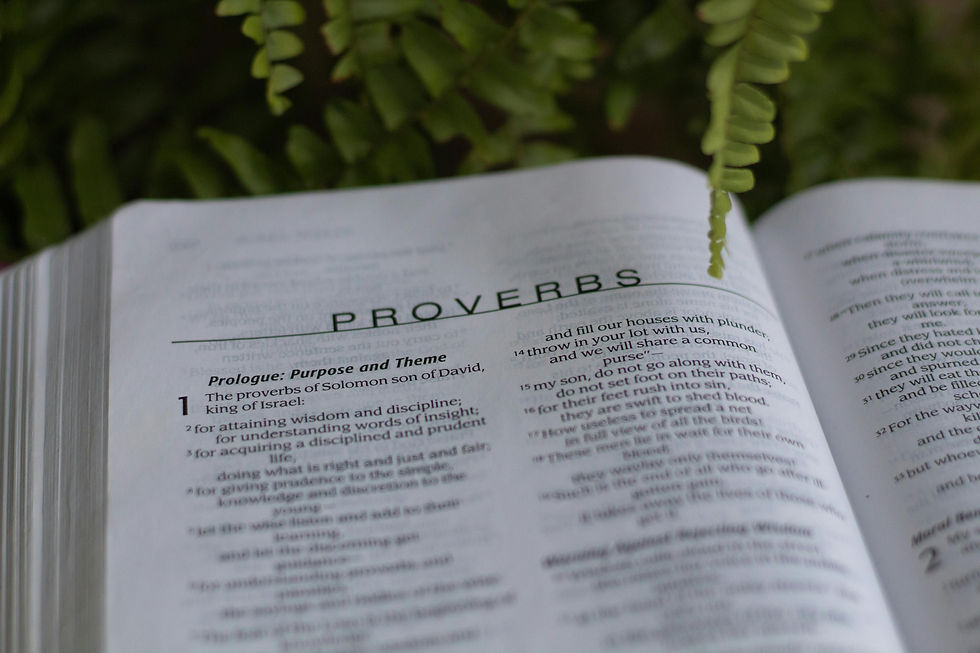Was America Founded as a Christian Nation?
- Mark Marley

- Oct 21, 2025
- 2 min read
There are certainly both friends and foes when addressing this enduring question. It seems to me that the answer lies somewhere in the middle of the battle over history. On one side, some maintain that the Founders were a monolithic group of Christian fundamentalists—with a pen in one hand and a Bible in the other—intent on establishing a theocracy in the New World. On the other side, others argue that the Founders were, by and large, a collection of Deists, deeply influenced by Enlightenment thought and committed to constructing a secular state. An honest look at history agrees with neither position.

Gregg Frazer, professor of history and political studies at The Master’s University, offers a helpful balance. He identifies eight individuals as primarily responsible for the Declaration of Independence and the Constitution: George Washington, Thomas Jefferson, John Adams, James Madison, Alexander Hamilton, Benjamin Franklin, James Wilson, and Gouverneur Morris. Frazer rightly insists that to understand their core beliefs, one must examine their diaries and personal correspondence rather than their public speeches, which were often crafted for broad appeal and political safety—something still true today.
Frazer’s research reveals several salient findings. First, the Judeo-Christian worldview represented the general sentiment of most citizens in colonial America. However, among the Founders—what Frazer calls the elite—he found, at best, a nominal Christianity. To describe their belief system, Frazer coined the term “Theistic Rationalism.” This was a unique synthesis that affirmed the moral value of the Bible while elevating human reason as the ultimate guide for truth.
A second observation is that, regardless of one’s commitment to orthodox Christianity, nearly all the Founders valued religion in general. The reason was pragmatic: religious people, they believed, make good citizens. And good citizens were essential to the success of the new republic.
Frazer’s book is both engaging and scholarly. It is thoroughly documented and rich in insight. One comes away with the understanding that the Founders were truly men of their times. Some, like Gouverneur Morris, were devout; others, such as Washington and Madison, were moderate in their beliefs; and still others, like Jefferson and Adams, were considered “infidels” by many contemporaries.
If we were to visit Washington, D.C., today and ask those in leadership about their faith, many would likely identify as Christian. Yet few would qualify as Bible-believing, fewer as regular church attenders, and most as nominal at best. Perhaps, as history shows, this has been the reality all along.





Comments